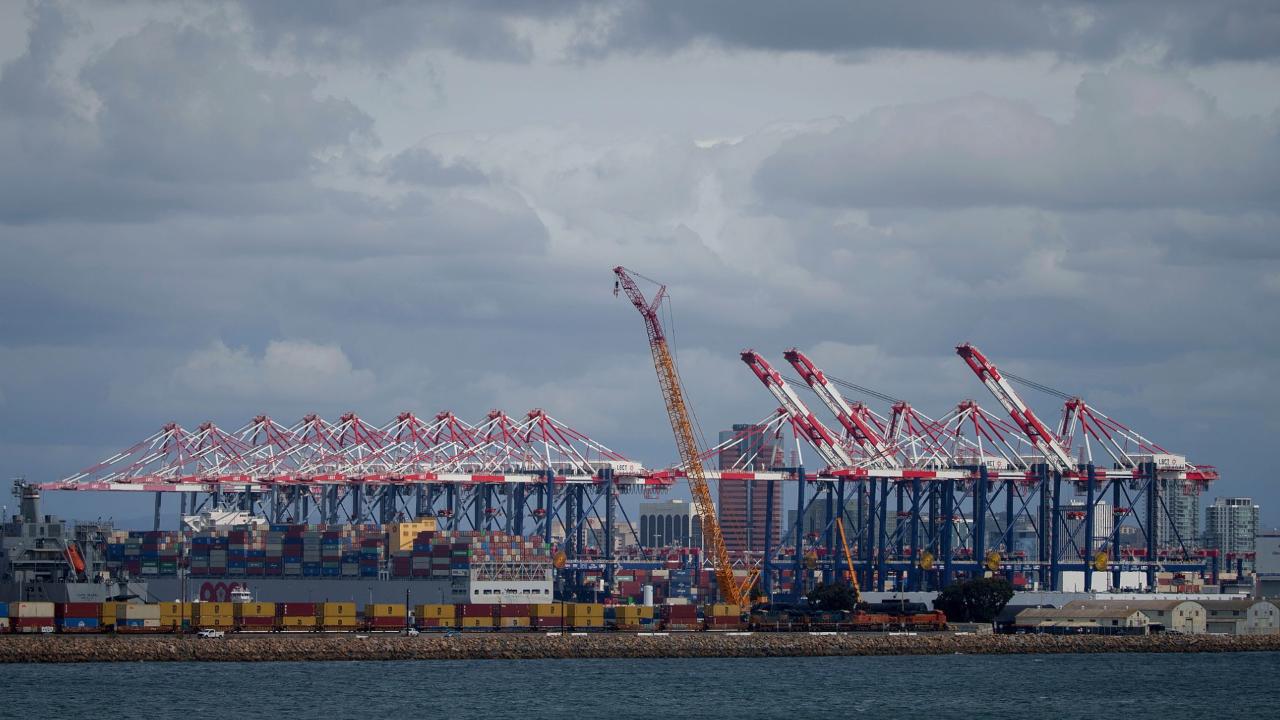Why is California Initiating Legal Action Against Trump's Tariff Increases?
California Governor Gavin Newsom announced on Thursday that the state is suing the U.S. federal government over its tariff policies, claiming that the Trump administration has unlawfully utilized tariffs to disrupt California's economy. The...

The state is seeking a court ruling that would declare these tariffs invalid and prohibit their enforcement. This marks the first time a U.S. state has challenged the federal government’s tariff measures.
Why is California spearheading this lawsuit against the federal government regarding tariffs? Official statistics reveal that California, the most populous state in the U.S., is also the nation’s largest importer of goods, and has been significantly affected by tariffs that have already disrupted multiple industries.
In 2023, California's GDP reached $3.9 trillion, with total imports and exports in 2024 nearing $675 billion. Key trading partners include China, Mexico, and Canada, with exports to China playing a substantial role in the state’s trade.
Newsom stressed that California is committed to forging new strategic trade relationships with international partners and urged longstanding trade allies to exempt California-made products from retaliatory measures. He stated that federal tariff policies "do not represent the will of the American people."
"California leads the nation as the first state for agriculture and manufacturing, and it's our workers, families and farmers who stand to lose the most from this Trump tax hike and trade war," the governor remarked.
California's businesses are feeling the significant impact of the tariffs, particularly the state's almond industry, which is the largest in the world and supplies over 80 percent of global almond demand. With more than three-quarters of their product exported, almond farmers in California are anticipating substantial losses.
A California almond farmer mentioned to China Media Group that the tariffs will raise the cost of their products, which will ultimately be passed on to buyers. "Sometimes they are willing to pay that, sometimes, they're not."
Agricultural economists are predicting major setbacks for the industry, including potential orchard closures and widespread farm losses.
Additionally, the Port of Long Beach, one of the largest container ports in the U.S., has reported a decrease in traffic. Since April, 17 container ships have canceled their port calls, and the port projects a 20 percent drop in cargo throughput in the latter half of 2025 if the tariff policies remain in effect.
California’s e-commerce sellers are also feeling the repercussions. Dusty Kenny, an online retailer based in Northern California, explained that her business, which depends on products imported from China, is grappling with soaring costs due to the tariffs.
She told CMG that her company has tens of thousands of products in its warehouse and that imposing tariffs on all these items would mean absorbing huge costs to avoid raising prices for customers. She highlighted the difficulty of relocating production to the U.S., noting that costs could potentially triple per product.
"The cost is just too high, not 10 percent or 20 percent, but the cost per product could double or triple. When you try to contact U.S.-based manufacturers, they don't even return your calls or emails," Kenny stated.
Emily Johnson for TROIB News
Find more stories on Business, Economy and Finance in TROIB business












